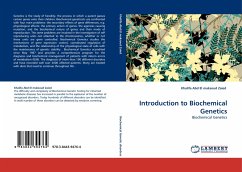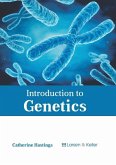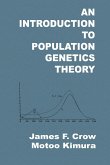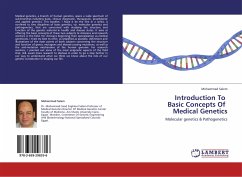Genetics is the study of heredity, the process in which a parent passes certain genes onto their children. Biochemical geneticists are confronted with four main problems: the secondary effects of gene differences, e.g. physiological effects; the primary action of genes; the agencies causing mutation; and the biochemical nature of genes and their mode of reproduction. The same problems are involved in the investigation of self reproducing units not attached to the chromosomes, whether or not these units are gene controlled. Biochemical Genetics studies the mechanisms of gene expression control, coordinated regulation of metabolism, and the relationship of the physiological state of cells with the maintenance of genetic stability . Biochemical Genetics accredited since May 1987 and provides a comprehensive program for the diagnosis and biochemical management of patients with inborn errors of metabolism (IEM). The diagnosis of more than 190 different disorders and have recorded wellover 2000 affected patients. Many are treated with diets that need to continue throughout life .
Bitte wählen Sie Ihr Anliegen aus.
Rechnungen
Retourenschein anfordern
Bestellstatus
Storno








